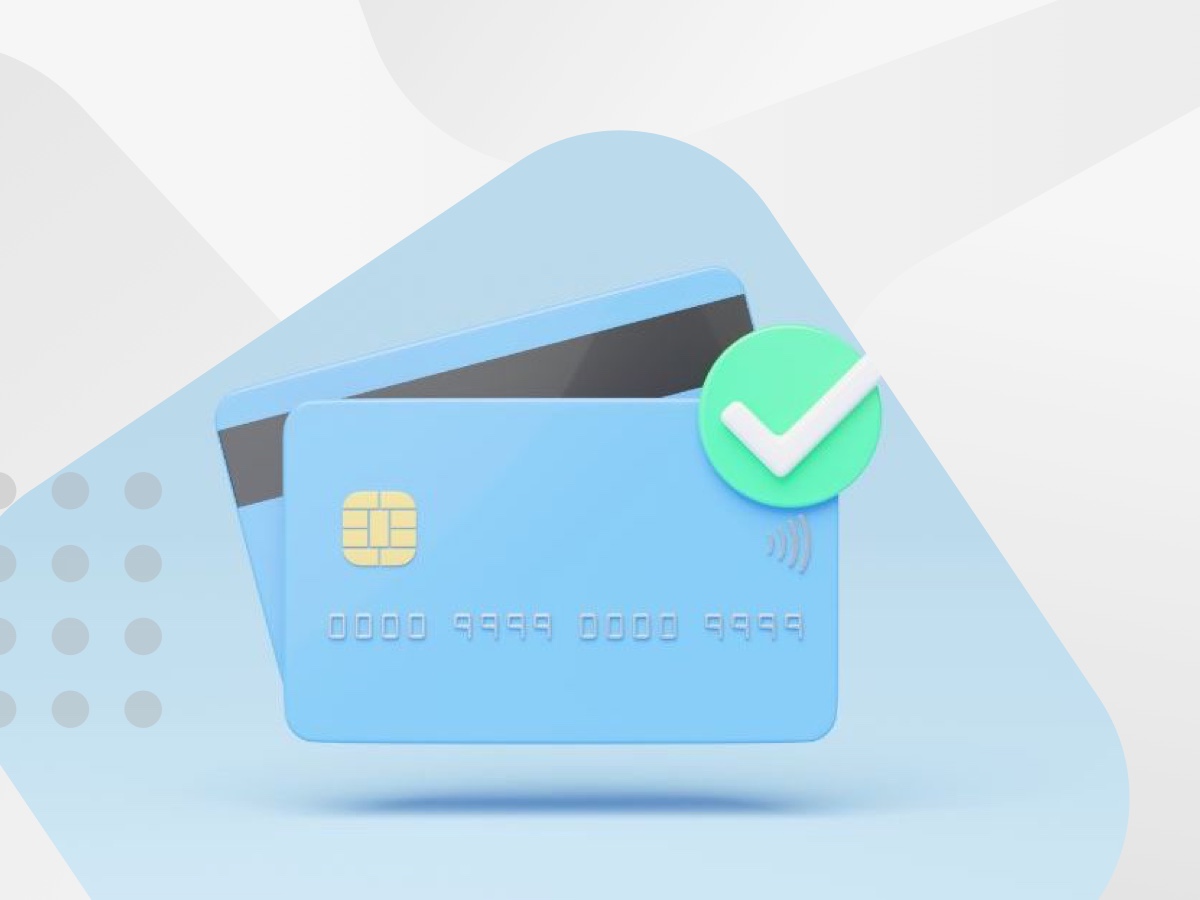Even if a debtor changes address or other details, debt collectors can still attempt to serve legal documents via several different means. Remaining uncontactable does not instantly wipe the debt, and you may be liable for further legal action or asset seizure in the future.
Eventually, if left long enough, a debt will become ‘statute barred’, restricting legal recovery efforts, although existing judgements on the uncollectible debt may remain enforceable.
What are debt collectors?
Debt collectors are third-party service providers who follow up on late or non-paying debtors. Businesses, banks and other lenders often enlist support from debt collection agencies if funds remain outstanding beyond 90-120 days.
The debt collector takes up communication efforts with the debtor for either a fee of 5-30% of the owed funds or by purchasing the remainder of the debt outright and paying out the creditor. To avoid this additional cost, your business can use automated prompting and payment reminders using the powerful resources from CreditorWatch Collect.
Debt collection in Australia is regulated by the Australian Competition and Consumer Commission (ACCC), which outlines strict guidelines, rights and responsibilities relating to the conduct of debt collectors. Per their information, a debt collector must not:
- “Use physical force
- Use coercion
- Unduly harass or hassle the debtor
- Mislead or deceive the debtor
- Take unfair advantage of any vulnerability, disability or similar affecting a debtor. This can amount to unconscionable conduct.”
However, there are also guidelines related to debtor activity and response. The ACCC states that any party owing overdue funds must:
- “Not attempt to avoid the obligation to satisfy debts they have incurred
- Promptly contact creditors and debt collectors when they are experiencing financial difficulties and attempt to negotiate a variation in payments or other arrangement
- Be candid about their financial position, including any other debts.”
How do debt collectors usually find you?
Debt collectors usually attempt to communicate with debtors via mail, phone or email, with some agencies providing an online portal to assist with interactions. They can access public records, creditor databases, credit reports and more to obtain some of this information. There are strict guidelines outlined by the ACCC relating to when and how frequently a debt collector can contact the owing party:
| Type of contact | Days | Times |
|---|---|---|
| Contact by telephone. Maximum 3 phone calls a week or 10 a month. | Monday to Friday | 7:30am to 9pm |
| Weekends | 9am to 9pm | |
| National public holidays | No contact recommended | |
| Face-to-face contact | Monday to Friday | 7:30am to 9pm |
| Weekends | 9am to 9pm | |
| National public holidays | No contact recommended | |
| All workplace contact | Debtor’s normal working hours if known, or 9 am to 5 pm on weekdays | |
Source: accc.gov.au
However, debt collectors may also use less traditional means of communication to serve legal papers to a debtor if they believe it is required, known as a ‘substituted service’.
Examples include serving legal documents at a previously held address (notifying the debtor via text), or using social media tools such as Facebook to communicate. Debt collectors must obtain court orders for a substituted service, which may also warrant a simultaneous investigation into debtor assets and holdings following the complaint.
What happens if a debt collector cannot find you?
- A payment default may be listed, and creditworthiness will deteriorate. The debt collector will likely register an official payment default, which may significantly reduce your credit scores and history. This could prevent you from accessing additional lines of credit or opening new bank or utility accounts.
- The debt may continue to accrue interest. If the terms and conditions of the original debt contract stipulate interest rates or late fees, then the amount you owe may continue to increase. Failing to communicate with a creditor or debt collector over time may result in a far higher net debt to pay.
- They can serve a Statement of Claim. Non-payment eventually warrants court action, the judgements of which can remain enforceable long after a debt becomes statute barred. As previously mentioned, debt collectors can use various substituted services to attempt to serve these documents if the debtor cannot be found using traditional communication methods.
- Your assets may be seized. If you fail to reach a resolution with the debt collector, the court may order an investigation into your likely assets and holdings. Identified assets may be seized/repossessed to compensate the creditor or debt collector, especially any collateral underwriting the debt, such as a car underwriting a car loan.
- You may eventually be declared bankrupt or insolvent. Debt collectors can attempt to communicate with family members or employers to reach the debtor, so long as they comply with ACCC guidelines. If the debt is significant and the debtor remains unwilling, the creditor/debt collector can apply for a court order to render the company insolvent or the individual bankrupt. A trustee or external administrator will be appointed to oversee additional compensation and sell any relevant assets.
What happens to your debt if they cannot find you?
The debt remains owing to the creditor/owner of the debt, although there is a time limit for the legal pursuit of the owed money. In most states, the statute of limitations is six years, although it is three in the Northern Territory. After this time, the debt becomes ‘statute barred’, preventing further court enforcement.
There are some important things to note. Firstly, any court judgement on the debt within the statute of limitations is enforceable for up to twelve years. Also, the statute clock on debt can be reset with a number of actions, including a part-payment by the debtor or an agreement that the debt is owed. Additionally, the creditor can still request payment from the debtor after the debt becomes statute barred; they are just prevented from further legal follow-up.
The time and energy devoted by creditors and debt collectors to pursuing debtors is often proportional to the amount of money owed. The higher the amount owed, the longer and harder they will likely chase. Even if you owe a small amount, it is likely that negative payment behaviour on your debts will still result in a deterioration of your credit history and credit scores.
Save money, time and the hassle of debt collectors with CreditorWatch Collect
While debt collectors provide a sometimes-essential service, they aren’t without their drawbacks for Australian businesses. They take a fee out of the owed debt (or buy it completely, reducing your payout), can strain relationships with trading partners, and wind up in protracted legal battles chasing compensation. The smart move is to use the right tools and resources to prioritise collections before it gets to that point.
That’s where CreditorWatch Collect comes in. We provide automated, customisable prompts, letters and reminders to ensure that debtor interactions are seamless, efficient and effective. Our branded templates, complete with our third-party endorsement, cover every need, from welcome letters to reminders, final notices, letters of demand and more. These resources have proven to reduce days-sales-outstanding (DSO) by up to 53%, unlocking cash flow and preserving your business relationships.
Further, you can track all calls, messages and letters sent to debtors within our comprehensive platform and analyse various insights to identify trends or patterns. We provide essential detail, including debtor days to payment, payment ratios, the split of days overdue, and so much more. With the power of the CreditorWatch platform, you can proactively manage the collections process, hastening access to the vital cash flow you need while preserving your relationship with trading partners.

Get started with CreditorWatch today
Take your credit management to the next level with a 14-day free trial.
